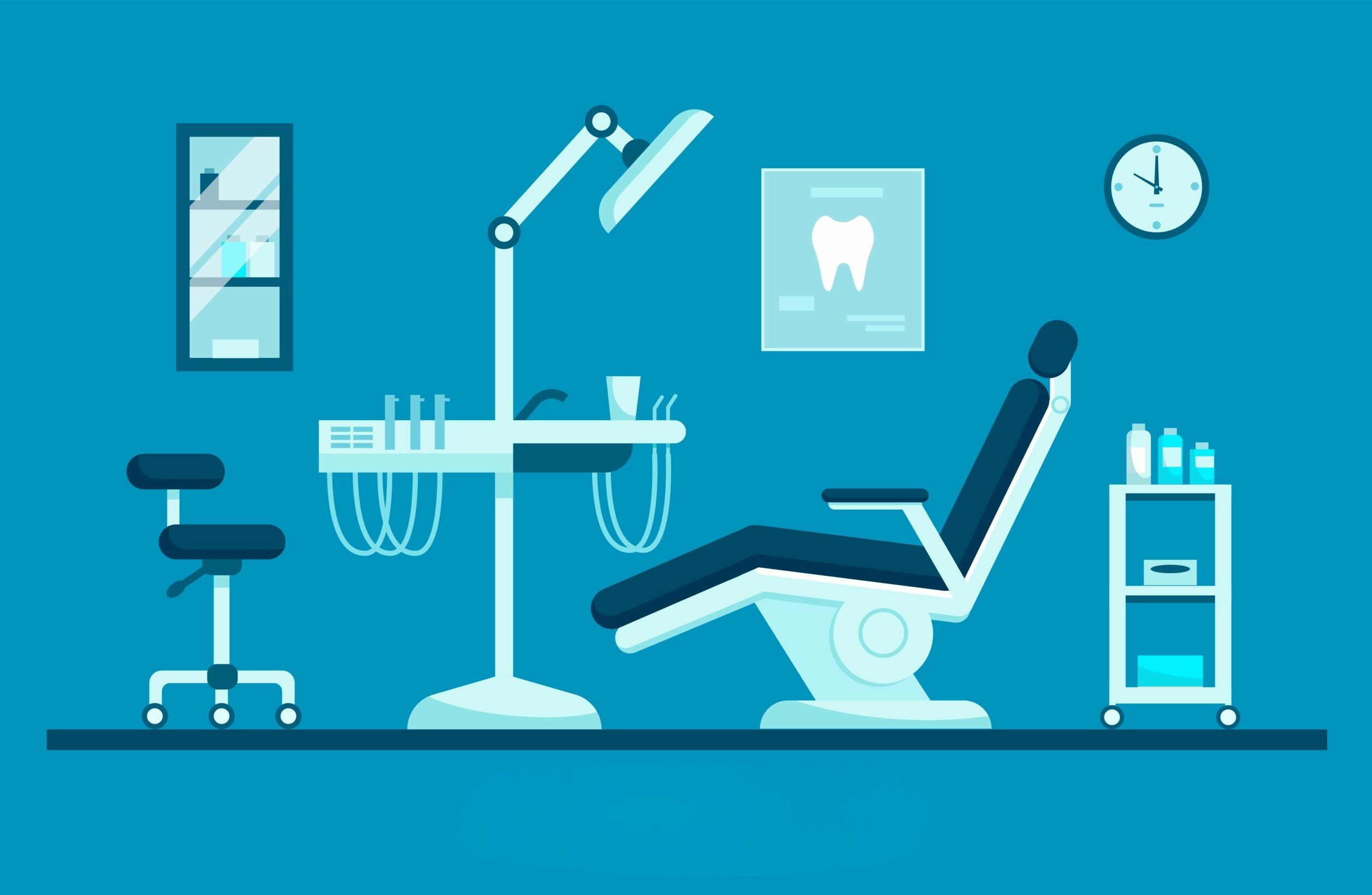Ryan Fitzpatrick, Solicitor and Partner at Shakespeare Martineau, has accumulated a wealth of experience in the healthcare sector, dealing with the sale and purchase of dental practices, partnerships, mergers, expense-sharing arrangements, and incorporations. He acts for both NHS and private dental practices, along with a wide range of other clients, from small part-time sole practitioners to large multiple-site corporate groups.
Ryan discusses the Top 10 Steps to follow when incorporating your dental practice.
1. NHS
If you have an NHS contract which you hold as an individual or with another dentist in partnership, you must first obtain the NHS’s consent to novate the NHS contract to your limited company.
A failure to acquire this prior consent would be a fundamental breach of the NHS contract, which could potentially result in the NHS contract being terminated. Therefore, you must apply to the NHS by completing and submitting various NHS incorporation application/forms. It is crucial that the incorporation application is processed correctly from the outset.
2. CQC
The new limited company will also need to be registered with the CQC as an organisation provider of dental services. At the same time, the CQC will require you to prepare and submit an application to cancel your existing individual or partnership CQC registration.
When looking at time frames, please note that CQC applications alone may take 6 weeks or more from submission to completion (but it may be a shorter period if you are already registered as a manager with the CQC).
3. Staff
Your dental practice’s employees will transfer to the limited company under the TUPE (Transfer of Undertakings (Protection of Employment) Regulations), which must be closely adhered to during incorporation.
Any self-employed clinicians or hygienists will need to sign new engagement contracts with the limited company to avoid any potential disputes in the future and problems with their pension payments.
4. Incorporation agreement
An incorporation agreement will need to be drafted to transfer all of the equipment, contracts and assets of your dental practice to the limited company.
Ancillary documents such as board minutes and written resolutions will also need to be prepared to clearly outline the assets being transferred, the date of incorporation and the purchase price (which is usually funded via a refinance mortgage with the bank or a director’s loan).
5. Outstanding finance
It is likely that a condition of any outstanding loan is that the lender is notified of any fundamental change to the business (i.e. a change to the owner of the assets and/or the premises) and failure to inform the lender of such a change could potentially void the loan, with the balance becoming immediately payable.
Your accountant and bank manager will be best placed to advise you in respect of the refinance of your dental practice and what fiscal action needs to be taken in order to facilitate the incorporation.
6. Property element
For most incorporations, dentists typically keep the freehold ownership of the property (as an individual or through their property company) and then enter into a lease with the limited
company (with the dentist/property company being the landlord and the limited company as the tenant) to receive a rental income. A new lease must therefore be drafted to grant the limited company the right to use the premises for dental services.
You may prefer to assign an existing lease to the limited company (with the landlord’s prior written consent) or transfer the freehold title to the limited company. It is important that you liaise with your accountant and/or tax adviser to ascertain which structure is the most tax-efficient for you.
7. Practical issues
You should consider the practical issues of an incorporation such as taking out new insurances and setting up a new bank account in the name of the limited company.
In addition, it will be important to advise your patients and suppliers of the change in structure to the limited company to prevent any confusion.
8. Board of directors
The Dentists Act 1984 provides that a limited company will commit an offence if the majority of its board of directors are not registered dentists or registered dental care professionals.
Therefore, if you are the sole director of the limited company, you must be GDC registered. If the limited company has a board of two directors, one director must be GDC registered.
9. Selling your dental practice
Once incorporated, if you wish to sell the limited company, a buyer (as part of the due diligence process) will want to ensure that the business has been correctly incorporated and that the proper procedures were fully observed when the incorporation took place.
If it transpires that there is a “flawed incorporation” or the necessary consents were not obtained, then it is likely that this will result in the purchase price being reduced or it may even discourage the buyer from continuing with the purchase.
10. Professional advice
The key step is to take specialist legal and accounting advice from experienced dental advisers who can expertly assist you throughout the incorporation process and ensure that the relevant rules and regulations are followed.
This material is for informational purposes only and should not be relied upon as professional advice.



